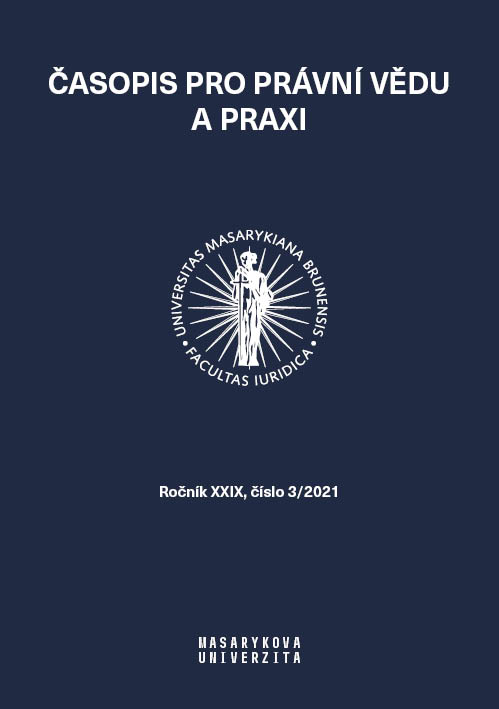Pojmové znaky podvodu na DPH v judikatuře Soudního dvora Evropské unie
Defining Characteristic of VAT Fraud/Evasion as Established by the Case-law of the Court of Justice of the European Union
Author(s): Karel Brychta, Petr Kupčík, Vojtěch ProcházkaSubject(s): International Law, Law on Economics, EU-Legislation
Published by: Masarykova univerzita nakladatelství
Keywords: VAT; CJEU Case Law; VAT Fraud; Defining Characteristics.
Summary/Abstract: This paper presents systematised conclusions from selected key decisions of the CJEU concerning the disallowance of VAT deductions (focusing in particular on the identification of factual circumstances that may indicate the fulfilment of the elements of VAT fraud/evasion and the identification of rules and thresholds for the assessment of objective circumstances and the existence of good faith on the part of taxpayers). From the research carried out, it emerged that the CJEU does not provide an explicit and exhaustive definition of tax fraud (evasion) – however, it defines the features and circumstances that are indicative of the existence of tax fraud (evasion). It is evident from the case law related to the set research question that tax evasion can be associated with a wide range of facts. The CJEU case law has also established tests (tools) which prevent an overly broad interpretation of the elements of fraudulent conduct. CJEU case law also does not limit the territorial scope regarding tax evasion (there is a relevance also in relation to third countries). The presumption of the payer’s participation in tax fraud is based on intention and negligence – in other words, the CJEU rules out a system of liability without fault. The case law of the CJEU also shows the considerable degree of discretion given to the domestic administrative authorities in the tax procedure and bearing the burden in proving of relevant facts. Although the CJEU case-law does not describe the objective facts in question in details, it can be concluded through basic logic that, if the purpose of the knowledge test is to conclude that an entity has knowledge of fraudulent conduct, the objective facts in question must be circumstances within the sphere of influence of the entity in question, so that they will in principle be circumstances arising from the business relationship with the direct supplier or customer.
Journal: Časopis pro právní vědu a praxi
- Issue Year: 29/2021
- Issue No: 3
- Page Range: 633-647
- Page Count: 15
- Language: Czech

